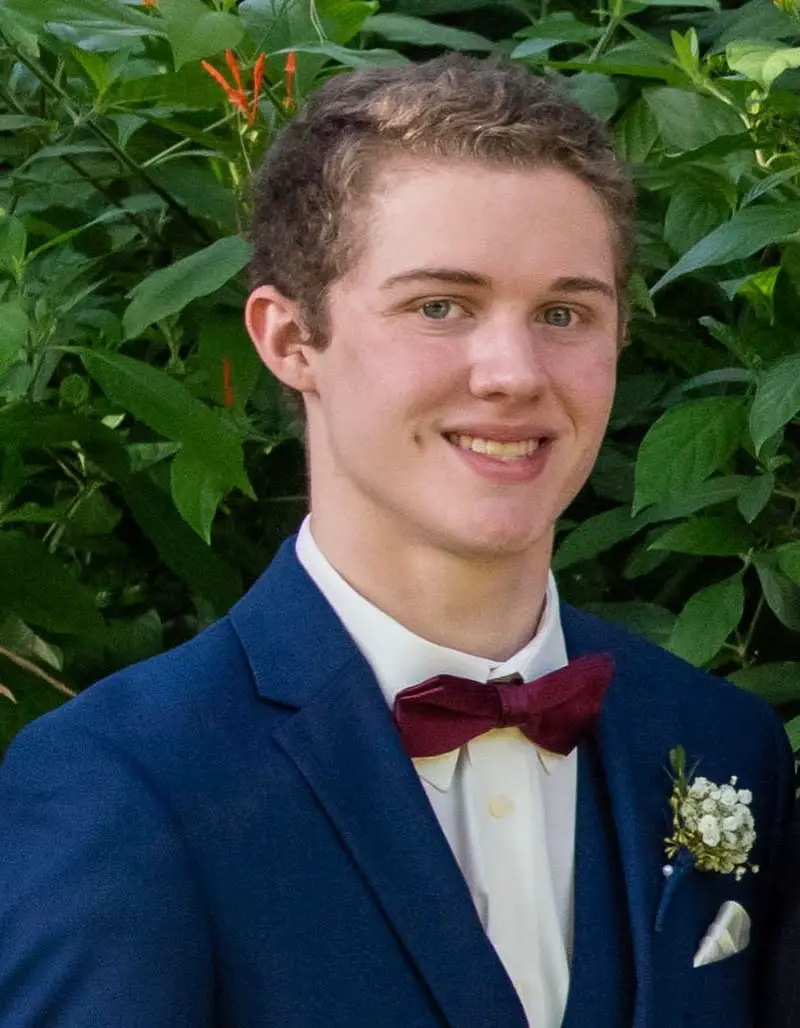From “It’s Always Sunny in Philadelphia” to “Man Seeking Woman” to “The League,” FX has produced some of the best television comedies of the past decade. The network’s distinct blend of production quality, outlandish scenarios and strange characters has allowed viewers to laugh at their screens while sparing them from the tropes of a standard television sitcom. Their capacity for clever and thoughtful commentary has endeared them to audiences without sacrificing their inherently bizarre premises.
But in a genre that mainly plays on immaturity, striking a balance between the absurd and the mature is a special feat. Everyone is familiar with the comedy that attempts to hit dramatic high notes and fails as well as the reworked script that tries to alleviate its stakes with misplaced one-liners. These efforts are all too common and seldom successful. Yet FX has the track record to justify such efforts, even in “Dave,” a semi-autobiographical show about an immature Jewish rapper with the stage name Lil Dicky.
The comedy follows Dave Burd, also known as Lil Dicky, and his aspiration to grow into the generation-defining artist he’s destined to be. The idea comes directly from the show’s titular lead, whose ego creates as many conflicts as laughs. Through two seasons, Dave’s shortened self-awareness complicates his relationships and career, often resulting in injury to one of the two. He is at once the protagonist and antagonist of his life, a surprisingly nuanced and mature approach to television leads. Sounds like a natural catalyst for drama befitting the FX formula, right? Well, not entirely.
In short, “Dave” is too chaotic for its own good. For every scene with a beloved celebrity cameo spouting penis jokes, there’s a bleak attempt at heavy material soon to follow. Harrowing portrayals of police run-ins, destructive narcissism, evictions, manic episodes and other personal struggles await viewers nearly every episode, often accompanied by abrupt and heavy-handed dialogues. Its tone fluctuates between these extremes without much of a discernable cue, leaving viewers unprepared each time their comedic reliefs are put in intense, real-world situations.
However commendable devoting screen-time to social topics like mental illness is, the success or failure of their inclusion ultimately comes down to execution. The unfortunate reality is it often feels jarring in the context of “Dave.” The series captures some relatable highs and lows of a still-growing adult and musician, especially within an industry famous for how quickly its stars fade. Yet life’s ebbs and flows are positioned just too close to one another for their juxtaposition not to baffle select FX viewers. Even on a network with some of television’s most outlandish scenes and comedic leads, “Dave” confuses audiences because of its clashing approaches to storytelling.
But that doesn’t mean all attempts are a total loss or failing on the part of showrunners. A strong case remains for the show’s heavier components: exposure and substance. The aforementioned scenes centered on personal struggles, especially with regard to mental health, have proven some of the show’s most celebrated moments.
The fifth episode of Season 1, “Hype Man,” boasts one of the medium’s most honest portrayals of bipolar disorder. “Dave” momentarily sets aside the penis jokes and self-deprecation for a harrowing representation of the highs and lows of a condition that affects many individuals, especially prominent artists. And rather than stigmatize those suffering from the disorder for entertainment, as the media has so often done with celebrities such as Kanye West, the character study centers the perspective of those still grappling with the diagnoses themselves.
Unimplied by the episode’s title or the first season’s initial four episodes, the dramatic turn succeeded in reimagining the show’s limitations. However immature the show’s foundation is, it has shown a capacity for producing thoughtful social commentary anyway. Even the three standout episodes of Season 2, episodes 4, 6 and 8, offered various degrees of commentary. Episode 4 tackles performative activism through the lens of NBA legend Kareem Abdul-Jabbar, which is as absurd as it sounds, yet works while advancing the main characterization of Dave in Season 2.
Episode 6 follows Dave as he tries to rebound from his past relationship via a celebrity dating app and subtly conveys the woes of online dating in the modern world. Lastly, Episode 8, considers parent-child dynamics and the struggles parents often leave unspoken for their kids’ sake. Explicit commentaries have only grown more common in the show’s sophomore season, likely due to the warm reception such moments received when unanticipated in the first.
Yet even Season 2’s eighth episode and its father-son heart-to-heart felt massively disconnected from what preceded it. The episode began with Dave singing folk music on an acoustic guitar to distract label executives from the lack of progress on his promised album. Before long, the jig is up, and he gets evicted from the mansion the label put him in and is forced to move back in with his parents. Adult-at-home shenanigans ensue for the next 15 minutes or so, all of it lighthearted until a random incident at the mall derails the episode into domestic arguments akin to that of “Ordinary People.” The trajectory jumps from a “Step Brothers” dynamic between Dave and his manager to a full-fledged fight, confessional and resulting tears.
So, while the transition between each individual plot point appears coherent, the polar tones between beginning and end are ambitious at best within the show’s weekly 20-minute runtime.
The extremes are puzzling, but not without purpose. Such tense moments help allude to the series’s overarching commentaries on narcissism, unspoken struggles with mental health, ambition, friendship, cutthroat industries and the comical façades many take on to veil their internal battles. With that in mind, maybe “Dave” could serve as a low-stakes drama disguised as a comedy. But then again, that would be easier to argue had the show not centered itself around the hijinks of a celebrity lead known for their immature puns, best exemplified by their stage name Lil Dicky. Maybe “Dave” is at once too dumb and too smart for its own good. Or perhaps the laughs allow enough audience retention to keep the show running while pushing the deeper themes it hopes to convey.
Either way, it appears to be sticking around. Much like the Jewish rapper with over 4 million monthly Spotify listeners who began his career in an advert agency, the FX series is a contradiction, but one people gravitate to nonetheless.

















